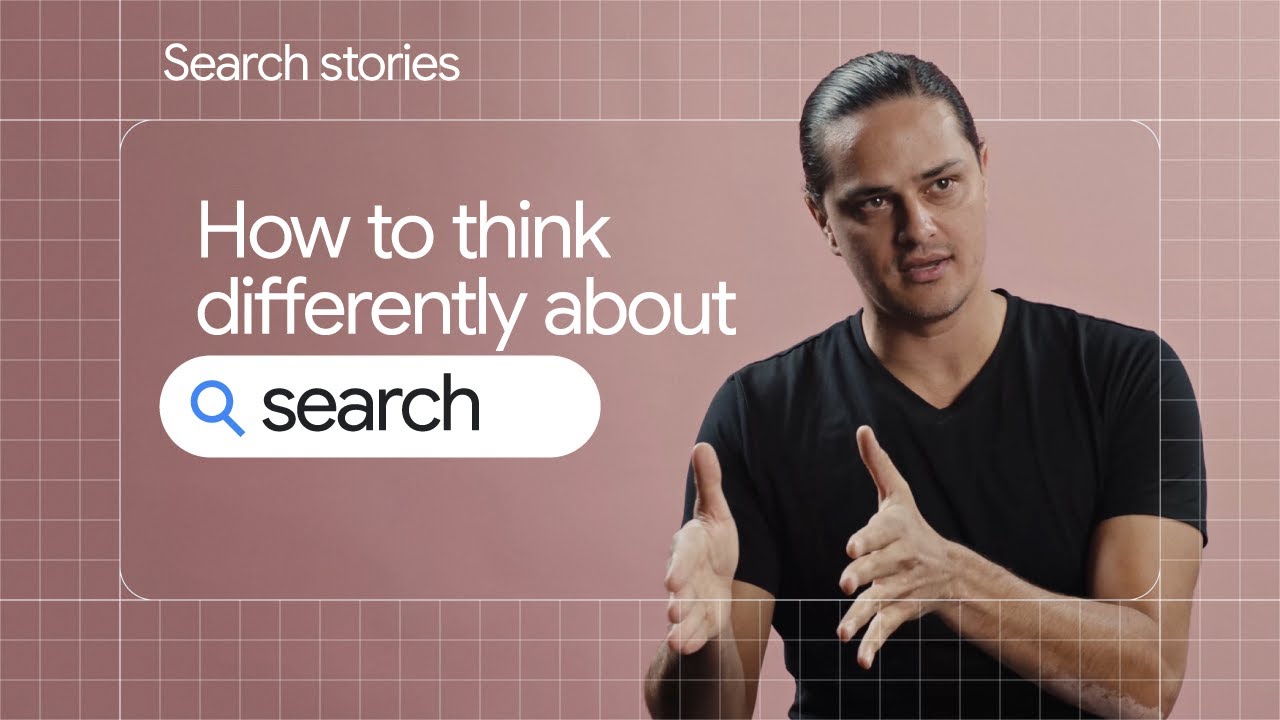Summary
Discover the AI transformative evolution of Google’s broad match in online marketing and why it deserves a second look from marketers. When was the last time you tested broad match?
Mention Google’s broad match in some industry circles, and you might get a few deep sighs and dirty looks. For over two decades, search marketers have prioritized phrase and exact match as a fundamental way to control query-to-keyword ad-matching. Matching is so important as it dictates which ads get served, which bids are used, and ensures campaigns aren’t matched to irrelevant queries.
Most reserve broad match for specific situations — such as for brand new campaigns or to gain intel on how Google would match them.
In fact, using broad match too broadly — pun intended — has been something most search marketers try to avoid. The reason? Broad match can sometimes be too broad, resulting in wasted budget. There are poor broad matching examples throughout the search trade blogs from marketers after reviewing query reports with matches that made them cringe. Even Google’s online Search Ad certification training heroine, Hiroko, must use the negative term “scooter” to stop her ads from getting matched to “bicycle” searches.
But things have changed recently. Google’s AI innovations over the last few years are proven winners, and now it has reformed broad match to be more intelligent than ever. You may be missing out if you haven’t tried a broad match lately.
Here are four reasons why you should give broad match another shot:
Google’s AI has improved dramatically
After a redesign of broad match that considers new signals, Google reports that the functionality is substantially better than it was just a few years ago. While turning over matching to the search engine may at first seem counterintuitive, remember that responsive search ads (RSAs) and smart bidding were both met with a bit of cynicism when they were first released, too. But now more than $4 of every $5 spent on Google through the Skai platform is spent on smart bidding.
Still skeptical? Check out the Google video, Search Stories: How to Think Differently About Search, where a number of marketers expressed their thoughts on using the new broad match after testing it.
Today, Google’s data says that the holy grail of search combines smart bidding, RSAs, and broad match. If you’re getting great results from Google’s AI features, maybe it’s time to add broad match into the mix?
Over time, I saw that the development of automated bidding improved with all the different signals that you’re feeding in. And then it became the question of. like, if I trusted to manage my money, why do I not trust it as much to manage the queries that I’m showing on?
We test things. That’s what good marketers do.
In digital marketing, results speak louder than assumptions. The “Test and Learn” approach is essential, especially when evaluating Google’s broad match. This method is about setting up straightforward experiments to see how different strategies perform. With broad match, this could mean trying various keyword combinations and observing the outcomes. The focus here is gathering clear, direct insights to understand what works and what doesn’t and then using this knowledge for future campaign adjustments.Learning from these tests is crucial. You might discover that broad match isn’t effective for your needs, which is still very useful information. Alternatively, broad match might yield better results than anticipated. Analyze the data, identify trends, and apply these findings to make informed, practical decisions. In this field, each test is an opportunity to gain insight and improve your strategy. Test, learn, and refine.
Ultimately, if you haven’t done a deep test on broad match recently, give it a try!
Don’t worry, Skai is here to back you up!
Skai now offers tools to help you make the most of broad match – specifically, Search Term Analysis, Destination Optimization, and Intent-Driven Messaging.
Search Term Analysis uses machine learning to scour Google’s search term report to identify low-performing query trends and then display them in an easy-to-use dashboard. From there, you can optimize those queries by adding negative keywords with just a few clicks – retaining the benefits of your broad match strategy while taking precise action to eliminate the drawbacks.
Learn more about Skai’s Search Term Analysis.
Destination Optimization helps marketers redirect traffic to the highest-performing landing page based on the intent of their target audience. Machine learning improves traffic sculpting over time and can help drive the best results with broad match campaigns.
Learn more about Skai’s Destination Optimization.
Intent-Driven Messaging analyzes your paid search program for high-intent keywords not included in your search ads and recommends complete, AI-generated ad headlines with those keywords. With Intent-Driven Messaging, your ads become more engaging and efficient by better reflecting consumer search intent. This not only helps with broad match but any match type.
We test things. That’s what good marketers do.
Google hasn’t announced that they’re eliminating phrase match and exact match, but they are saying that it’s the only match type you need moving forward:
Broader match types capture all the queries of narrower match types, plus more. This means that a phrase match keyword will match all the searches as the same keyword in an exact match. Similarly, a broad match keyword will match all the searches of equivalent phrase and exact match keywords, plus additional related searches. Therefore, you get the same benefits of multiple match types in one broad match type without needing to repeat keywords.
From the Google Ads Help article “About keyword matching options“
Once again, Google has not explicitly said they are deprecating the other match types. But Google has a track record of making moves like this.
Remember what happened to enhanced text ads? They were eventually deprecated for RSAs. So it wouldn’t be surprising if broad match eventually becomes your only available keyword match type.
Be ready for a lot of change coming in the AI era. Professionals in every field will need to evolve and adapt. It’s time to start building up expertise on the new and improved broad match and get comfortable using AI tools like Skai’s Destination Optimization, Intent-Driven Messaging, and Search Term Analysis.
Are you looking for ways to master broad match?
For Skai clients, our leading AI-powered omnichannel platform and tools are available for you to use today. Ask your Skai contact for more information.
For non-Skai clients, why not see our search marketing innovation for yourself?








